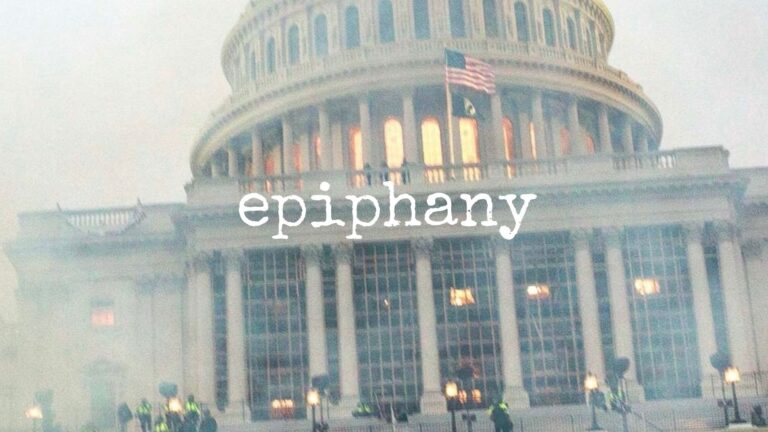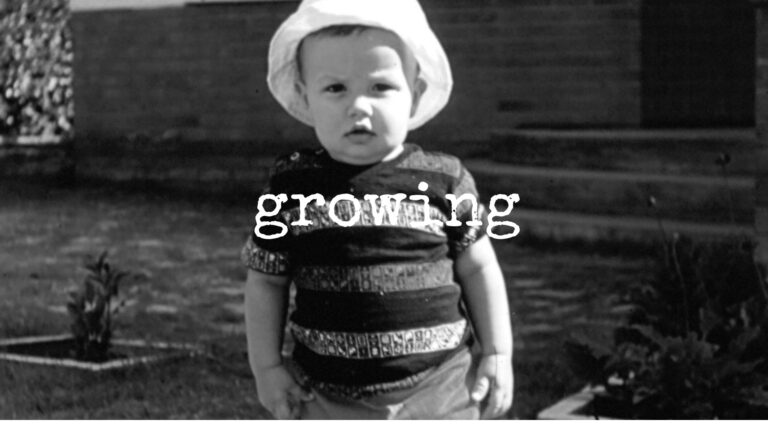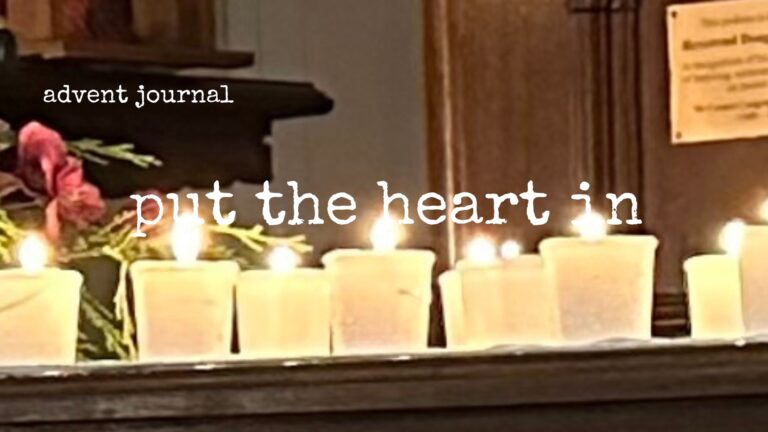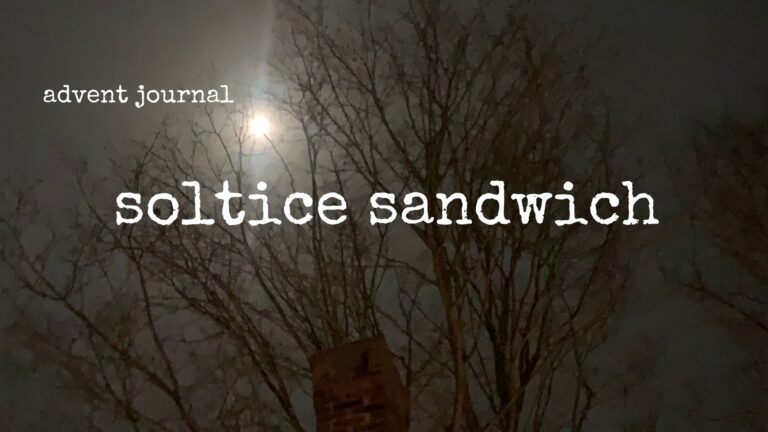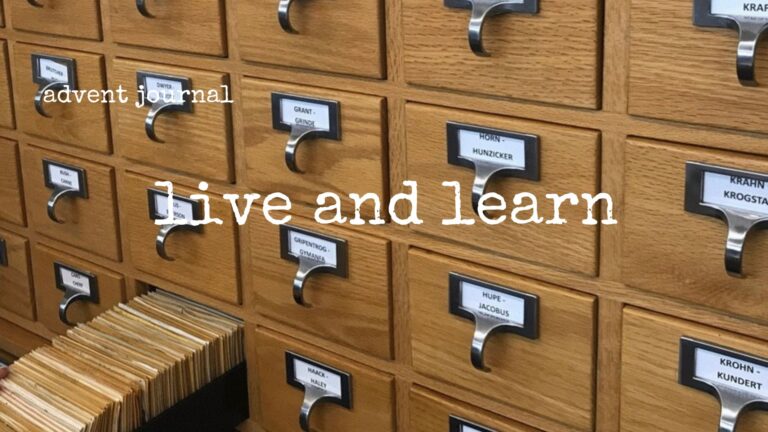The magi show up every January and those of us who step into pulpits are expected to talk about them. Here’s where their journey took me this year.
____________________________
The magi are among my favorite characters that show up in the story of Jesus’ birth because we don’t really know who they were. Some translators call them wise ones; others, scholars. The word magi is just a transliteration of a Greek word that can mean magician, sorcerer, astrologer, or a sage from another religion.
They didn’t make it to the manger. A close reading of Matthew’s account implies that Jesus, Mary, and Joseph stayed in Bethlehem for some time—maybe a couple of years.
The magi appear to be trusting souls. First, they followed a star because they trusted it would lead them to someone special. Second, they went to see King Herod because they were looking for a spiritual leader and they thought he would know about it since he was the actual king. Apparently Herod didn’t because he became agitated and angry, so much so that Matthew said everyone in Jerusalem felt the force of his wrath.
Herod pulled himself together and pulled the magi aside to try and get all the details and then asked them to promise to come back and report exactly where they had found the child. When the travelers became aware that the king was not someone who had anyone’s best interest at heart other than his own, they didn’t go back to the palace and home by another way so Herod could not find them.
Sometimes the magi are referred to as kings, but they don’t appear to be people with a lot of political power. They appear to have some financial means to travel across the desert, and the brought expensive gifts, but they didn’t make any claims for themselves other than to tell of the star that had led them.
Herod, on the other hand, guarded his power—except that he wasn’t the real power. He was called Herod the Great, yet he was on the throne in Palestine only because the Romans let him sit there. When he caught wind of the young messiah, he saw Jesus as a threat, not a source of hope and love. Where the magi searched out of wonder, Herod acted out of fear. The sages looked at the child and saw possibilities; Herod saw Jesus as a a problem to be dealt with.
Where our reading stopped this morning makes it seem as though this part of the story ends when the magi slip out of town without Herod knowing. I have heard and preached worthy sermons about the value of knowing when to go home by another way. That’s an important lesson.
But the story continues, and it troubles me a bit. Listen to the next few verses.
When Herod knew the magi had fooled him, he grew very angry. He sent soldiers to kill all the children in Bethlehem and in all the surrounding territory who were two years old and younger, according to the time that he had learned from the magi.
What I have been wrestling with is that these good-hearted, well-meaning sages who came looking for the messiah set terrible things in motion with their inquiry.
Hear me clearly: I am not saying the magi were responsible for the death of the children Herod killed. What I am saying is they did not have control over, nor could they foresee, the consequences of their words and actions. And I have spent a few days wrestling with what we can learn from them as we think about how we choose to live.
The fact is that Herod was a wicked, evil, mean, and nasty man and would have hurt anyone whom he thought threatened his hold on the throne. If the magi had gone back and told him what he wanted to know, he would have done the same thing and gone on a killing spree. They didn’t cause the massacre—and he appeared to have learned about Jesus’ birth from the travelers’ honest and trusting questions.
Let me circle back to where I began: I love the magi. I love their sense of hope and wonder. I love that they were willing to take off across the desert because they saw a star that intrigued them, that spoke to them, even though they had no idea where it was leading them.
What I want to hold in creative tension with that is that the world—then or now—is not that simple. They followed the star and didn’t look at much else. Herod was simplistic in his worldview as well, seeing his power as the only thing that mattered.
As we share in the wonder of the magi, we can also learn from them. When our lives become centered around only one thing, we can lose sight of our place in the world, our connectedness, and the impact and consequences of our choices. Jesus said life was about two things: to love God with all of our being, and to love our neighbors as ourselves, which, when you listen closely, means life is about a whole web of relationships. Time and time again, when people challenged Jesus about things he did because he was going against tradition or breaking a law, he responded by telling his accusers to look around and to look at more than the one drum they were beating.
When we are tempted to reduce what matters to one issue, we need to look around, to see beyond ourselves. And this is where we need each other to be God’s messengers. Much like the angel came and told the magi to go a different direction, we can help each other see the bigger picture, whether that is to look for guidance like the star, or to become aware of consequences we may not see. We need to help each other find other ways to go that remind is life is complicated and wonderful.
We are all inundated by voices claiming that their one issue or angle is the truth with a capital T, that what they have to say is all that matters. Sometimes we can fall into a similar kind of tunnel vision on issues both great and small and lose sight of the relationships that sustain us and the God who calls us to choose those relationships over any single issue. We can’t see everything that’s coming, but we can see how the call of Christ calls us beyond ourselves. Following that call will lead us to live lives of love. Amen.
Peace,
Milton


